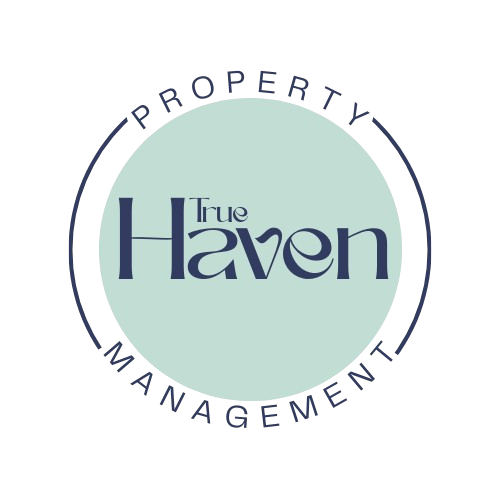Fair Housing Laws in California: What DIY Landlords Need to Know
Managing your own rental in Davis, Woodland, Sacramento, or Eastern Solano? Tenant screening is one of the most important, and legally risky, parts of the job. California has some of the strictest Fair Housing laws in the U.S., and even a small mistake could land you in legal trouble.
In this post, we break down what Fair Housing laws in California require from landlords, common mistakes DIY landlords make, and how to build a compliant process that protects both you and your tenants.
California Fair Housing Laws: What Landlords Are Required to Follow
At the federal level, it’s illegal to discriminate based on:
- Race
- Color
- National origin
- Religion
- Sex
- Familial status (such as having children)
- Disability
But California law takes it even further. In addition to the above, state law also protects:
- Sexual orientation
- Gender identity and expression
- Source of income (such as housing vouchers or disability payments)
- Marital status
- Age
- Veteran or military status
- Ancestry and more
So, even if you don’t intend to discriminate, failing to follow the rules to the letter can lead to serious legal consequences.
Use a Clear, Consistent Tenant Screening Process
Fair Housing compliance starts with your screening process. If you’re relying on “gut feelings” or adjusting your standards based on personality or first impressions, that’s a serious red flag.
To stay compliant, landlords must use written, objective criteria such as credit score, income, and rental history, and apply the exact same process to every applicant, without exception. Consistent documentation of every screening step is also critical.
At True Haven, we use a detailed Applicant Qualification Policy developed with legal guidance to ensure consistency across the board.
Common Mistakes That Could Get You Sued
Even well-meaning landlords can unintentionally violate Fair Housing laws if they’re not careful. One common pitfall is the source of income discrimination. It’s illegal to deny a rental application simply because the tenant plans to pay with a Section 8 voucher, SSDI, or another form of nontraditional but lawful and verifiable income.
If you use an income requirement, like needing tenants to earn 2.5 times the rent, you must apply that standard only to the portion of rent the tenant is responsible for, not the part covered by the voucher. Ignoring this distinction can easily lead to a discrimination claim.
Another frequent issue is applying blanket bans based on criminal history. California law doesn’t allow landlords to have rigid “no felonies” policies. Instead, you're required to perform an individualized assessment. That means only considering convictions (never arrests), looking at offenses from the past seven years, and factoring in the nature of the crime, how recent it was, and whether it’s relevant to the applicant’s ability to be a good tenant. You must also document how you arrived at your decision to show that your process is fair and legally defensible.
Lastly, assistance animals are a major area where landlords slip up. Service animals and Emotional Support Animals (ESAs) are not considered pets under the law. That means you cannot charge pet rent, require pet deposits, or apply breed or size restrictions. You are allowed to request verification of the animal’s necessity if it isn’t obvious, but this must be done within strict legal parameters. Missteps here are common and costly. At True Haven, we use Pet Screening to manage the verification and documentation process, ensuring every request is handled properly, consistently, and in full legal compliance.
What Happens If You Violate Fair Housing Laws?
Violating Fair Housing laws isn’t just a minor slip, it can trigger serious consequences. Landlords who violate these regulations may face formal complaints filed with HUD or the California Civil Rights Department, often resulting in investigations and mandatory legal training.
Financial penalties can be steep, with fines reaching tens of thousands of dollars per violation.
Good Intentions Aren’t Enough, You Need a Legal Process
Fair Housing laws are complex, constantly evolving, and unforgiving when it comes to mistakes. Even experienced landlords can unintentionally violate the rules sometimes.
Whether or not you meant to discriminate doesn’t matter. If a violation occurs, you can still face civil lawsuits, be required to pay damages, and cover the tenant’s attorney’s fees.
At the same time, trying to juggle Fair Housing compliance while managing day-to-day operations is challenging, and that’s exactly where professional property management makes a difference. A knowledgeable team ensures:
- Your screening process is consistent, compliant, and well-documented
- Income standards are applied correctly to subsidized tenants
- Criminal history is reviewed through a fair, individualized process
- ESA requests are handled legally and respectfully
- All staff receive up-to-date Fair Housing training every year
With the right support, you don’t have to navigate these legal landmines alone.
Take Fair Housing Stress Off Your Shoulders
At True Haven Property Management, we’ve built Fair Housing compliance into everything we do, so you don’t have to worry about it.
Download our Free Guide to landlord best practices
Request your Free Rental Analysis to see if your current process is legally sound
We’ll help you stay compliant, reduce risk, and lease with confidence, the right way













